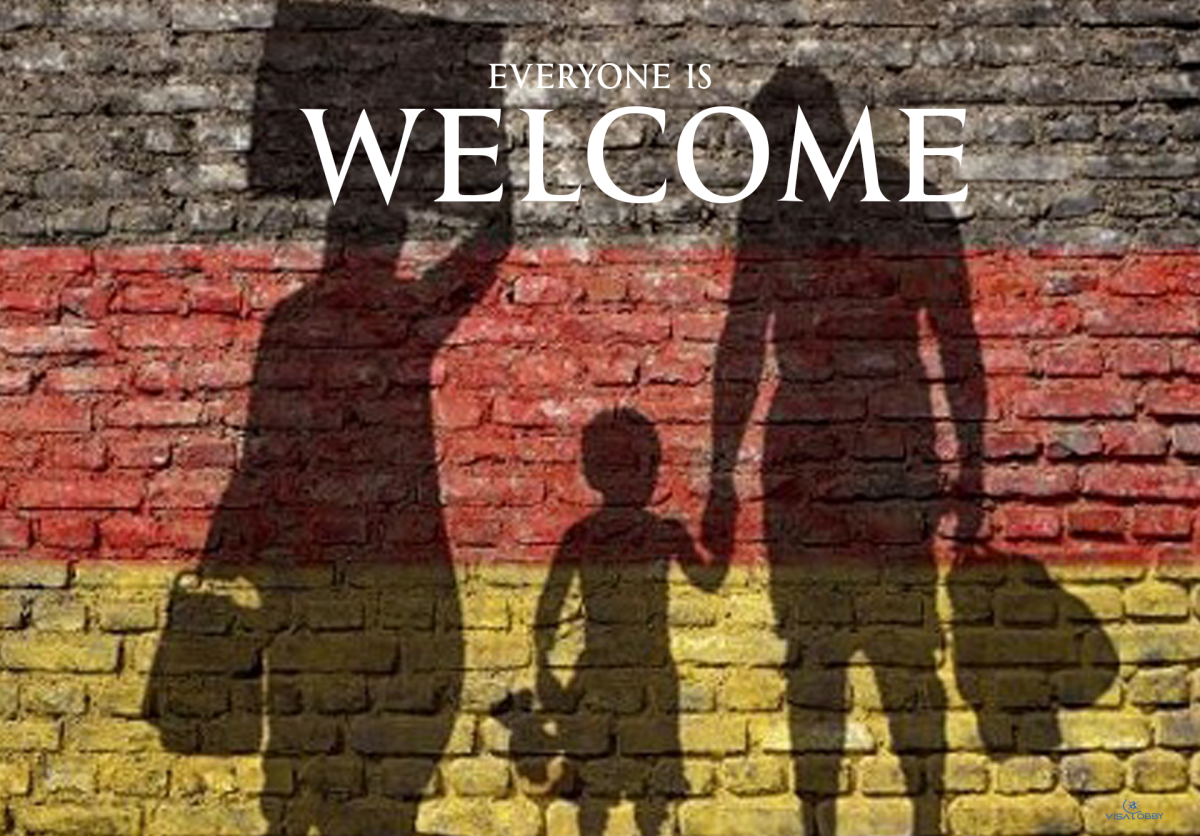


How Many Migrants in Germany in 2022? New statistics show Germany has a record-high number of migrants and foreigners, more than ever in the country's history. Further, the results of the data have shown that 1 in every 4 persons has a migrant background.
The research conducted has collected data till the end of 2021. The report tells about how many migrants are in Germany in 2022. It covers their total number, the languages they speak and from where they mainly belong. Before moving forwards, note that in Germany, a migrant person is the one whose one or both parents are non-German.
Let us look into all the information from the Federal Statistical Office (Destatis). According to results-driven data, migrants are 27.2% of the German population. In comparison, this percentage was 26.7% in 2020 and 26% in 2019. Furthermore, this population segment is mostly from European countries and the Middle East. Almost 3.5 million belong to the Middle East and 7.5 million to European countries.

Statistics of Ukrainian migrants are also 1.1 million. Whereas, after the Ukraine-Russia war, 316,000 refugees were received by the German federal police. Of these refugees, 84 per cent are women, where 54% came to Germany with their children and 17 per cent without them.
The report also contains information regarding the languages spoken by these migrants. It came out that 46% of them speak German in their homes. The statistics of the migrant population who speak in their native language are as follows.
Arabic 5%
Turkish 8%
Russian 7%
Data shows that people with foreign roots are mostly Turks with 12%, Polish who are 10% and 6% Russians. On the other hand, people with foreign roots are 22.3 million out of the 82 million German population. This number is the highest ever since it was last recorded in 2005.
Germany has a history of hosting refugees and migrants, making this country a favourite spot for them. Every year almost 1 million people move to Germany.
How Many Migrants in Germany? Previously, after World War II, Germany called many workers to their land to assist them in reconstructing their country. From that time till now, this country's giant economy has been mainly dependent on foreign labour. That is one of the main reasons their politicians have always welcomed more and more migrants. Also, we are assuming a further increase in the migrant population by the end of 2022. That is mostly due to Ukrainian refugees continuously reaching German land.
But as the results show a continuous increase in the immigrant population, there's always a risk of migrants relying on the state for financial support and housing, which may affect the already burdened German economy. New laws are to be put forward in this regard to tackle this situation.